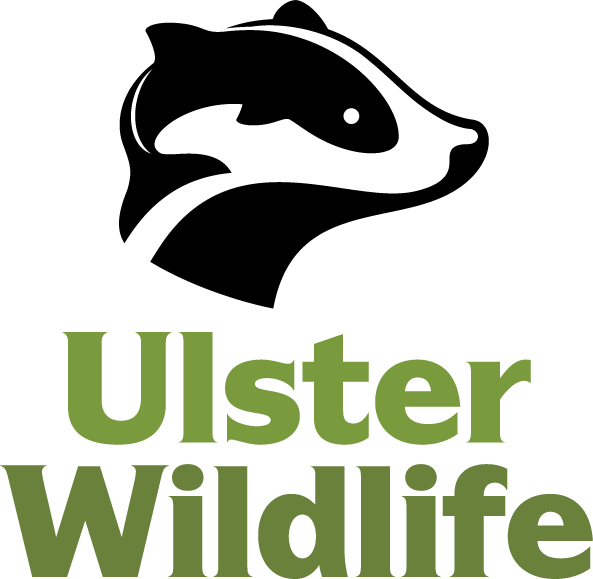Experts say loose dogs are one of the biggest causes of wildlife disturbance – this is particularly problematic when many species are breeding and vulnerable either on or near the ground.
Ground-nesting birds such as curlew and skylark, are particularly at risk. Research shows that 66% of ground-nesting birds are in decline in the UK, compared to 31% of other species.
Dogs can also be a threat to sheep, cows and other grazing livestock – with regular problems reported on nature reserves owned by Ulster Wildlife. Dog waste, too, is dangerous for wildlife as it can carry diseases, scare away animals and fertilise soils, affecting the natural balance of fragile habitats.
Dog owners can help wildlife if they:
- Keep dogs on short leads on nature reserves and in the wider countryside
- Clean up after animals and dispose of dog waste in bins or at home
- Avoid using nature reserves if walking large groups of dogs
Many of Ulster Wildlife’s 19 nature reserves welcome responsible dog walkers but instances of dogs disturbing wildlife and livestock have led the charities to issue a plea ahead of spring.
Wild places with particularly sensitive habitats or species may also be closed to dogs. Some beaches have cordoned-off areas to protect rare birds that nest on pebbles or in the sand.
Andrew Crory, Nature Reserves Manager at Ulster Wildlife, says:
“It’s great that so many people benefit from enjoying beautiful natural areas while out walking their dogs, but we urge responsibility. Wildlife is suffering huge declines and dogs in wild places can cause problems, especially from February through to the end of summer when many species are breeding. Many of our staff and supporters are dog owners but understand the importance of not walking them without a lead during nesting season. It’s not only the impact on ground-nesting birds but other wildlife including amphibians and mammals can be affected, as well as grazing livestock.”
The impacts of loose dogs in wild places include trampling nests and scaring adults away from their young. Vulnerable chicks can perish if left alone for too long. Disturbance can also affect feeding and foraging behaviour – wildlife is less likely to breed and feed in areas where dogs are encountered.
Ulster Wildlife has reported multiple problems with dogs chasing grazing livestock on its nature reserves, which has resulted in the deaths of animals.
In Northern Ireland, there is no specific law that requires dogs to be on leads at all times. However, dogs must be kept on leads in designated pedestrian zones and on land where livestock is present. Local Councils also have by-laws for areas where leads are required, for example in public parks.
Responsible dog owners who keep their dogs on leads during nature's busy season will also be helping wildlife by:
- Lessening the negative impacts of dog waste and urine
- Preventing dogs from jumping in ponds, which can disturb aquatic wildlife. Insecticides found in dog flea treatments can pollute waterways
- Reducing risks to other animals, including farm livestock

